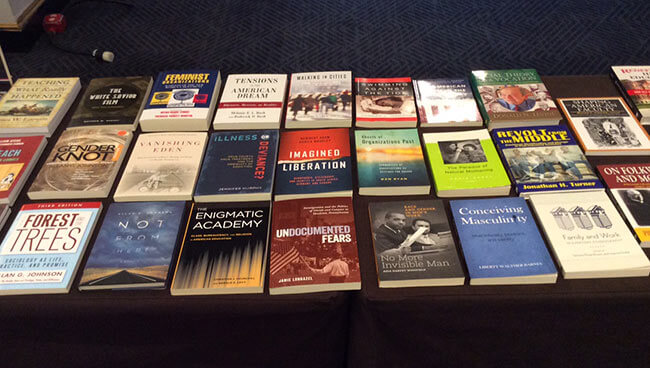| Transformations of Warfare in the Contemporary World Temple University Press |
|||||||||
Temple University Press is one of Library of Social Science’s special clients that exhibits at each of our 2016 conferences through our Promotional Package. They’ve recently published an exciting book, Transformation of Warfare in the Contemporary World, that will be of special interest to readers of the LSS Newsletter.
Authors Torpey and Jacobson observe (in the first chapter that you can read at no charge here) that there has been a radical change in our conception of warfare. World War I took place at the “high tide of European nationalism.” The association between citizen and state was embodied in the “willingness of nationals to die for their country.” In the 21st Century, however, “the world’s affluent countries have become increasingly unwilling to involve their own armies in combat” (Richard Koenigsberg has written about the American policy of “casualty aversion” and the evolution of a “counter-sacrificial culture”). We urge you to read the free Chapter, and to purchase the book for yourself and/or your college library. Click the link to the above for ordering information. Book Description Today's warfare has moved away from being an event between massed national populations and toward small numbers of combatants using high-tech weaponry. The editors of and contributors to the timely collection Transformations of Warfare in the Contemporary World show that this shift reflects changes in the technological, strategic, ideological, and ethical realms. The essays in this volume discuss
In his concluding remarks, David Jacobson explores the extent to which the contemporary transformation of warfare is a product of a shift in the character of the combatants themselves. Contributors include: Ariel Colonomos, Roberto J. González, Travis R. Hall, Saskia Hooiveld, Rob Johnson, Colonel C. Anthony Pfaff, Ian Roxborough, and the editors Excerpt Review "Transformations of Warfare in the Contemporary World provides a fresh account of some of the recent developments in warfare. The editors and contributors help elucidate some of the trends and changes in modern warfare; this puts the new developments into a social, political, and cultural context. The book's strength lies in the fact that the contributors engage with the developments in modern warfare yet have that reflexive capacity to see some of the problematic sides. This collection fills a real gap in the literature." Table of Contents Preface and Acknowledgments Abbreviations
Conclusion: Postnational Warfare • David Jacobson Contributors |
|||||||||
|
|||||||||

